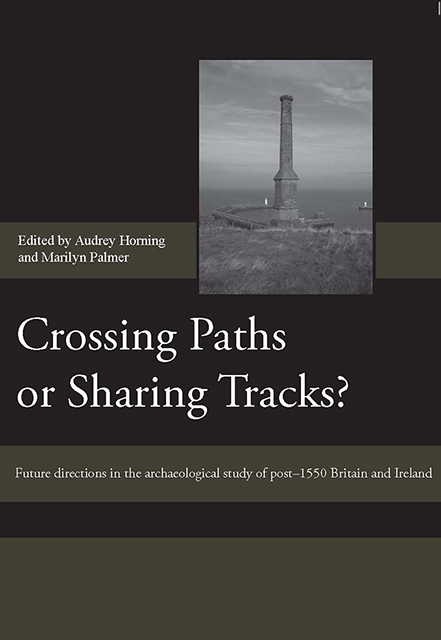 Crossing Paths or Sharing Tracks?
Crossing Paths or Sharing Tracks? Encouraging Interest in the Recent Past
Published online by Cambridge University Press: 07 March 2023
Summary
The Heritage Lottery Fund (HLF) was set up in 1994 to distribute money raised by the National Lottery to heritage projects throughout the United Kingdom. HLF is therefore a comparatively recent participant in the conservation, management and interpretation of the industrial heritage of the United Kingdom. However, HLF's contribution to the conservation of and public involvement withindustrial heritage has already been considerable. This chapter outlines HLF's definition of industrial heritage and its funding for projects within this heritage sector. It considers how this investment can be made sustainable in the long term by encouraging the adaptive reuse of former industrial buildings and interest among local communities in their recent past. In order to demonstrate the positive impact that this investment has had on the historic character of the areas involved and their communities, evaluative case studies from a wide range of industrial heritage projects are referenced throughout.
INTRODUCTION
The following prophetic extract from a 1925 article by a local historian writing in a history journal about early railway stations in Essex forms a fascinating introduction to a discussion of popular interest in the recent past:
The study of railway stations from an archaeological point of view has not yet become popular. Probably, indeed, this is the first article ever written upon the subject. Some might even ask whether such a study exists, or could exist, seeing that archaeology is the study of things ancient, and the world does not yet possess even one single railway station as much as one hundred years old: for the first railway was not opened until 1825, and the centenary is being celebrated this month.
In time, perhaps, we may hear of the formation of a Society for the Study and Preservation of Ancient Railway Stations. This will be able to prevent destruction being indulged in too freely and to raise funds, by public subscription, either to restore in appropriate style specially choice examples or to excavate among and trace the foundations of others which, like our ancient abbeys, have long lain in ruins. But this is not yet.
- Type
- Chapter
- Information
- Crossing Paths or Sharing Tracks?Future directions in the Archaeological Study of Post-1550 Britain and Ireland, pp. 81 - 90Publisher: Boydell & BrewerPrint publication year: 2009


